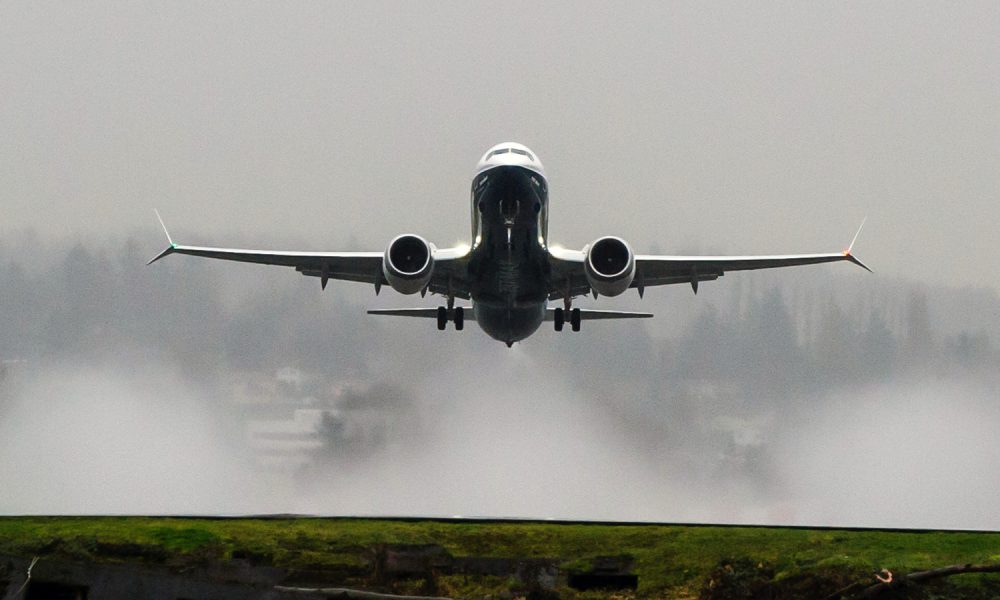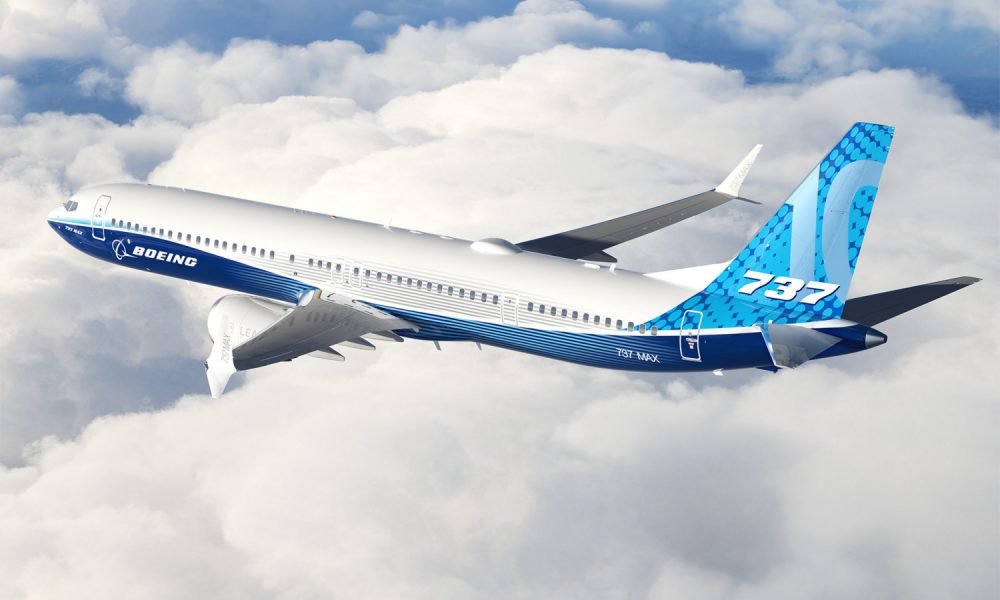The announcement finalises a commitment made by IAG for the Boeing 737 at the 2019 Paris Air Show and one of the largest orders in recent years.
“The addition of new Boeing 737s is an important part of IAG´s short-haul fleet renewal. These latest generation aircraft are more fuel efficient than those they will replace and in line with our commitment to achieving net zero carbon emissions by 2050,” said IAG´s Chief Executive, Luis Gallego.
He said the Boeing 737-8-200 will enable IAG to configure the airplane with up to 200 seats, increasing revenue potential and reducing fuel consumption.

The largest model in the family, the 737-10 seats up to 230 passengers in a single-class configuration and can fly up to 3,300 miles.
According to Boeing, the fuel-efficient jet can cover 99% of single-aisle routes, including routes served by 757s.
“With the selection of the 737-8-200 and larger 737-10, IAG has invested in a sustainable and profitable future, as both variants will significantly lower operating costs and CO2 emissions,” said Boeing Commercial Airplanes’ president and CEO, Stan Deal.

“Today’s agreement for up to 150 airplanes, including 100 options, is a welcome addition of the 737 to IAG´s short-haul fleets and reflects our commitment to support the Group’s continued network recovery and future growth with Boeing’s unrivalled family of airplanes.”
He said the 737 incorporates the latest-technology CFM International LEAP-1B engines, Advanced Technology winglets and other improvements to deliver the highest efficiency, reliability and passenger comfort in the single-aisle market.
The 737 family of airplanes is on average 14% more fuel-efficient than today’s most efficient Next-Generation 737s and 20% more efficient than the original Next-Generation 737s when they entered service, according to Boeing.